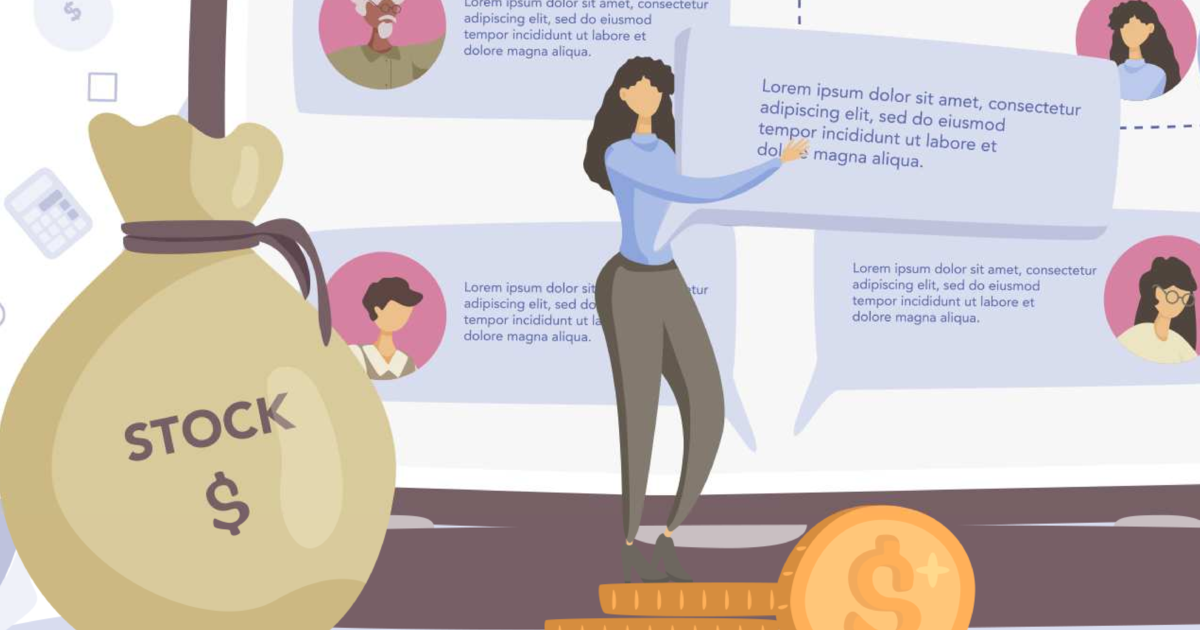Roadmap To Neuromorphic Computing (Collaboration Of 27 Universities/Companies)
JULY 9TH, 2024 - BY:
TECHNICAL PAPER LINK
A technical paper titled “Roadmap to Neuromorphic Computing with Emerging Technologies” was published by researchers at University College London, Politecnico di Milano, Purdue University, ETH Zurich and numerous other institutions.
Summary:
“The roadmap is organized into several thematic sections, outlining current computing challenges, discussing the neuromorphic computing approach, analyzing mature and currently utilized technologies, providing an overview of emerging technologies, addressing material challenges, exploring novel computing concepts, and finally examining the maturity level of emerging technologies while determining the next essential steps for their advancement.”
Find the
technical paper here. Published July 2024.
A technical paper titled “Roadmap to Neuromorphic Computing with Emerging Technologies” was published by researchers at University College London, Politecnico di Milano, Purdue University, ETH Zurich and numerous other institutions. Summary: “The roadmap is organized into several thematic...

semiengineering.com





